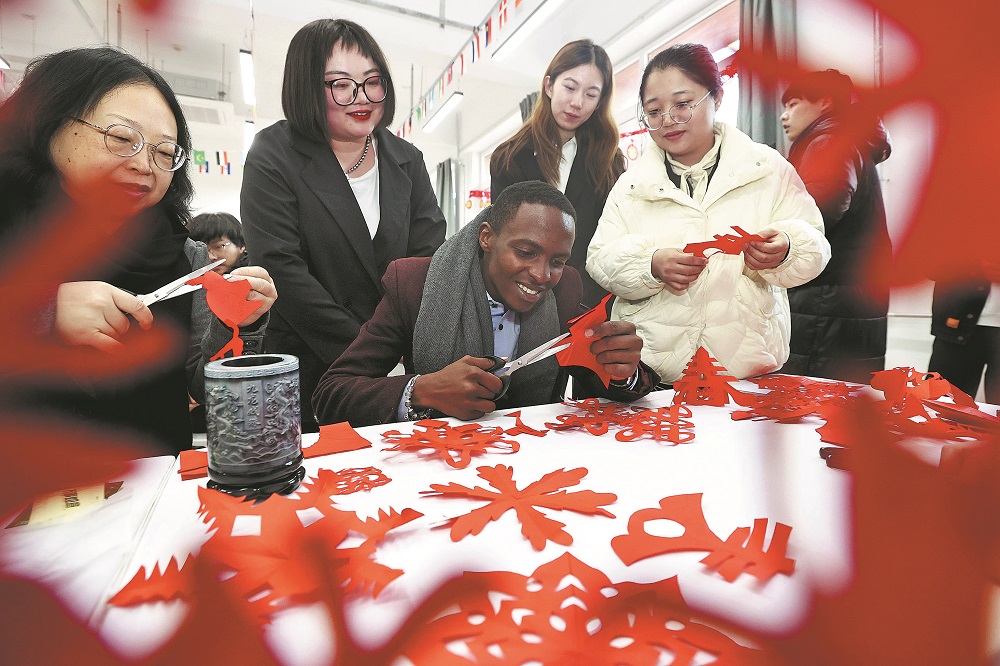
Africa Reaps Modernization Dividends Through FOCAC
Charles Muchoki | Africa Guardian
Infrastructure and Cultural Exchanges Propel Development Across the Continent
Once hindered by inadequate infrastructure, frequent power outages, and widespread poverty, Africa today showcases smoother roads, modern railway networks, expanded ports and airports, and a growing economy. Much of this progress can be attributed to two decades of cooperation with China under the Forum on China-Africa Cooperation (FOCAC).
Since its inception 24 years ago, FOCAC has brought transformative changes to Africa, impacting even the most remote regions. Chinese enterprises have constructed or upgraded over 10,000 kilometers of railways, nearly 100,000 kilometers of roads, 1,000 bridges, and 100 ports across the continent.
The September 2024 FOCAC Summit in Beijing set new goals for joint China-Africa modernization efforts. These encompass areas such as infrastructure, trade, security, digital economy, and advanced technologies, including lunar exploration.
Shaping Africa’s Future Through Strategic Partnerships
Dennis Munene, executive director of the China-Africa Centre at the Africa Policy Institute, emphasizes the pivotal role of FOCAC in addressing Africa’s infrastructure challenges. “If Africa had relied solely on traditional partners, the continent would still struggle with poor infrastructure and persistent poverty,” Munene remarked.
He highlighted the tangible benefits of Sino-African collaboration, such as Kenya’s Nairobi Expressway and the Standard Gauge Railway connecting Nairobi and Mombasa, which have revolutionized travel and trade. Ethiopia’s high-speed railway and Tanzania’s ongoing rail projects are further examples of China’s contributions to Africa’s development.
Looking ahead, Munene envisions a continent connected by standard gauge railways, facilitating intra-African trade and integration. He also credits FOCAC for its comprehensive approach to Africa’s development needs, from peacebuilding and health to industrial growth and infrastructure.
A Platform for Tailored Development
FOCAC stands out for its unique structure, offering action plans and declarations that reflect both African priorities and Chinese support. Munene noted that financial aid through FOCAC is flexible and free from burdensome conditions, enabling sustainable development.
Mwangi Wachira, a former economist with the World Bank, echoed these sentiments, describing FOCAC’s initiatives as “standard setters” in Africa’s transformation. He highlighted the Belt and Road Initiative (BRI) as a complementary effort that has bolstered trade, investment, and integration across the continent.
Advancing Green Energy and Industrialization
Wachira urged greater collaboration in green energy production, emphasizing Africa’s wealth of minerals essential for renewable technologies. He envisions a future where African countries, in partnership with Chinese companies like BYD, manufacture green energy products and vehicles locally. “Green energy is the wave of the future,” Wachira asserted, underscoring its potential to combat pollution and drive sustainable growth.
FOCAC’s enduring focus on Africa’s development, paired with strategic initiatives like the BRI, positions the continent to achieve unprecedented modernization and economic integration. By continuing to leverage this partnership, Africa stands to secure a brighter, more sustainable future.
___
